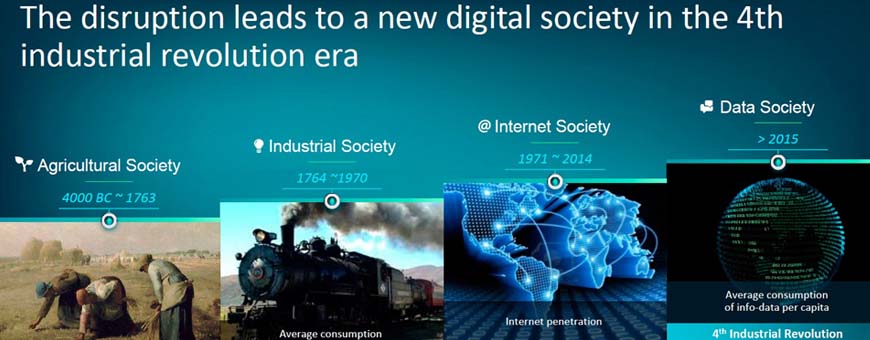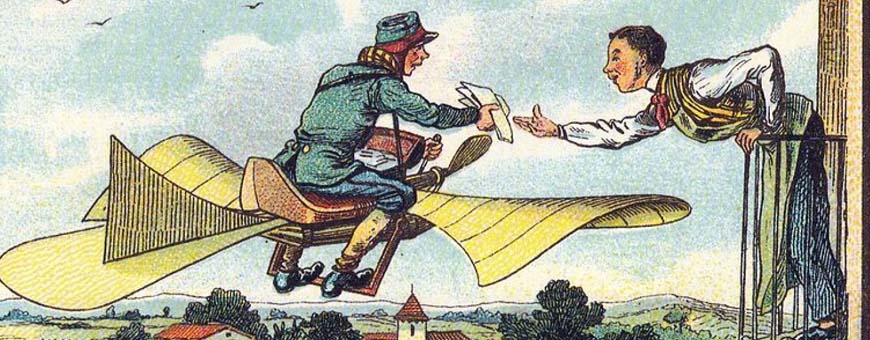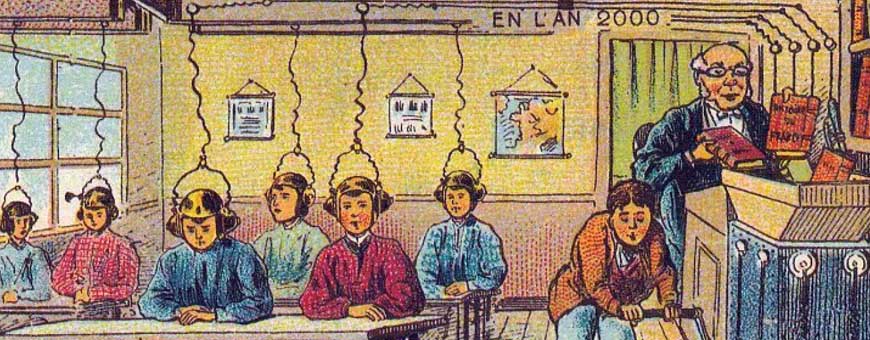
Within the framework of the seminar “The new revolution in production: the digital transformation” organized by the Ramón Areces Foundation and the OECD, Carlos López Blanco, Telefónica’s Director of Public Affairs and Regulation, presented the foundations of the new scenario for the digital economy and the production revolution.
In his presentation, in keeping with the declarations made by Álvaro Nadal, Minister of Energy, Tourism and Digital Agenda, and Ángel Gurría, Secretary-General of the OECD, he explained how the digital revolution affects all sectors, in a world in which digitization and globalization are intrinsically related.
It is difficult to make predictions in a rapidly evolving world, in which the changes are moving faster than our prophecies. In a hyper-connected world and a new data society, digital and analog technologies are merging, creating opportunities and setting challenges. The generation of digital trust, education and the inclusion of those excluded from this revolution (those who are less young) are aspects which cannot be ignored.
Spain is well-positioned to face up to this new revolution, but it must meet certain challenges:
- Spain lags behind in innovation, especially in the private sector.
- It is necessary to increase efforts to promote the business ecosystem.
- The technological sector, other key economic sectors and the Public Administrations can spearhead the digitization of the entire economy.
- Bolstering innovation and adopting digital technologies in SMEs encourage job creation and development.
- The venture capital market in Spain is still in an emerging phase and is highly concentrated.
- The development of digital skills is fundamental for performing the digital transformation.
In the 21st century, the rich countries will be those which are able to address the challenge of digitization!
Change overcomes all our forecasts, we are reinventing the way we solve problems. In the 1900’s they imagined the future like this:

Flying postman

At school

Intensive breeding










